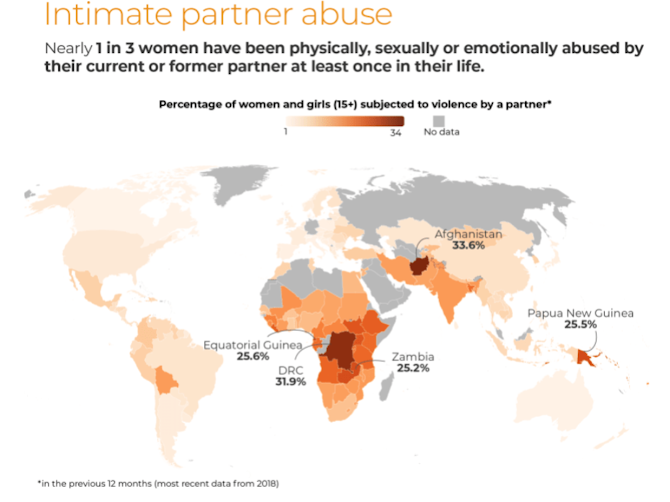#4 How 'voiceless' are women, really?
Hello again and welcome to another post where we discuss the relationship between water and gender! Today I would like to address what seems simple to some but in reality shows a web of complexity: the silencing of women's voices in WASH issues.
What do I mean by 'silencing' women's voices?
As we have examined over the course of this blog, women suffer disproportionately compared to men when it comes to access to WASH. In many cases across countries in Africa, this leaves women powerless when trying to improve water and sanitation within their communities. The reasons for this are legitimate and also vary considerably from cultural and patriarchal norms that leave women out of discussions, the fact that women typically have so many responsibilities for their family and household that they are left with little to no time to even participate in these discussions, and the challenge that poorer (and often rural) communities may lack the means to act on their knowledge to improve WASH access.
But...are women's voices really as silenced as they seem?
Women are the principal water collectors and people in charge of water-related household tasks. On top of that, it is estimated that 70% of Africa's rural workforce is made up of women, who, because of their exposure to hazardous conditions and use of water for cooking, cleaning and growing food, acquire unique perspectives and detailed knowledge on the use and sources of water that are fundamental to WASH management. Already, then, women individually and collectively have a voice that is unmatched. In Figure 1 below, Helen Lungu, a gender specialist working for Plan International Zambia, explains why the inclusion of women in WASH management is so important.
Despite the above narratives, women are already using their voices for the improvement of WASH access across African communities and have been for a long time. In order to address the gender-based violence that arises from poor WASH, grassroots like Hold Each Other focus on reproductive health education and family planning while speaking up against this violence. Founded in 2016 in Rwanda, the team of 30 members now benefits over 4,650 people and is already working on expanding their sphere of influence to the Kanyinya community in the Gasabo district, where it hopes to help change the lives of a further 2,800 people. Also, Global Grassroots partners with small grassroots teams in East Africa and helps fund their initiatives with the aim of conscious social change for women. Some of their partners include: Dedicated Workers (Uganda), Life Changers (Uganda), Eternal Beauty (Rwanda), and Vision (Rwanda) who not only have workshops, counselling and family planning events to promote gender equality in WASH, but have also helped 8,000 locals access safe water with new pipelines and water tanks (see Figure 2).
 |
Figure 2: Local water collectors using two 5,000 litre water tanks provided by Vision |

Comments
Post a Comment